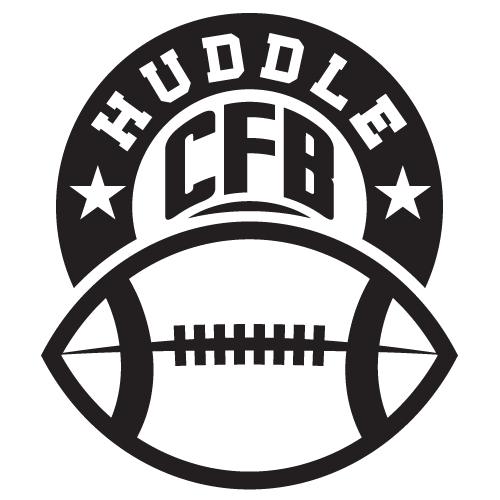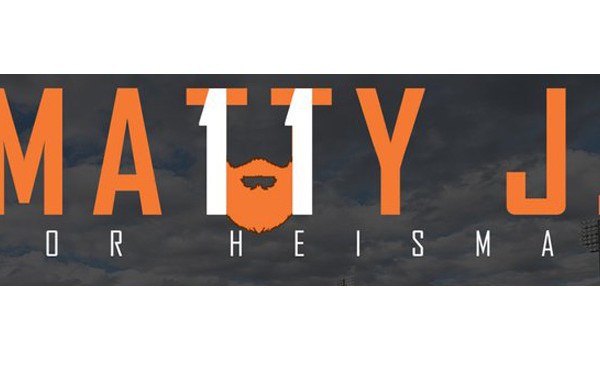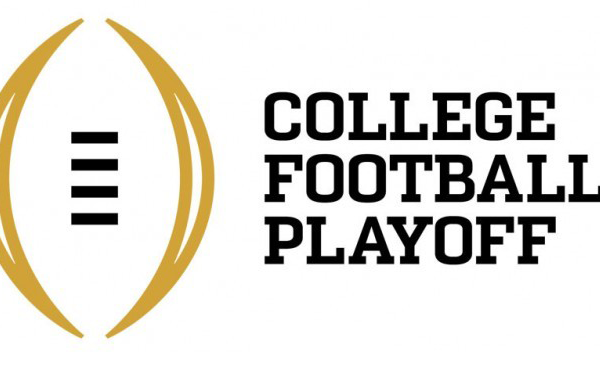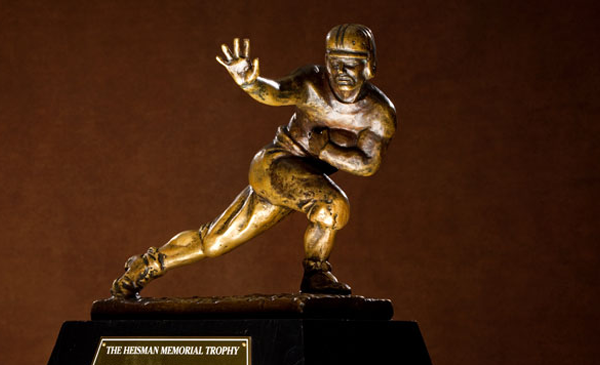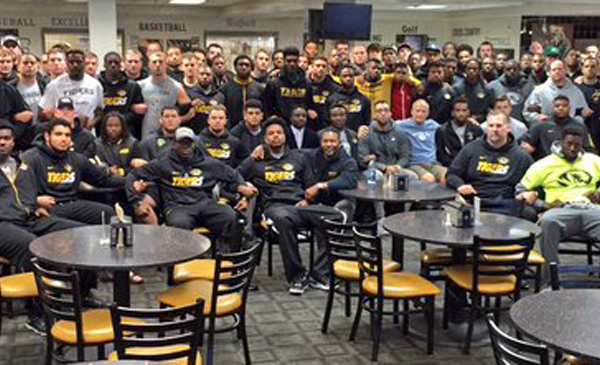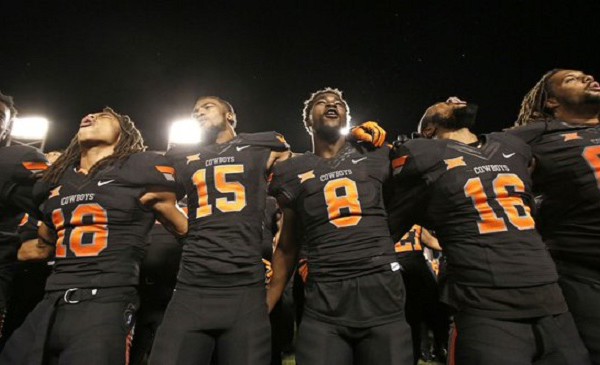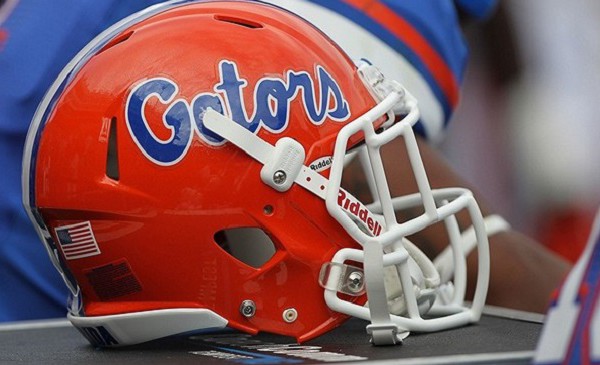I’ve held off writing about the Missouri strike, which came to a head Monday morning with the resignation of the University of Missouri systems president Tim Wolfe.
The Mizzou Family stands as one. We are united. We are behind our players. #ConcernedStudent1950 GP pic.twitter.com/fMHbPPTTKl
— Coach Gary Pinkel (@GaryPinkel) November 8, 2015
I haven’t offered an opinion because there’s still a lot to unpack, and the Missouri football team going on strike in support of the Concerned Student 1950 is the first I learned of the dire situation unfolding on that campus. This being a sensitive, nuanced topic, I still have much to digest.
And, really, the last thing the landscape needs is another opinion formulated only on the most superficial understanding of what precipitated the Missouri strike. There’s plenty of that already circulating.
The Missouri strike overtaking headlines just days after the final eulogies of shuttered ESPN outlet Grantland trickle in ties together interestingly.
The outpouring of affection for Grantland’s brand of sports journalism begs the question: If Grantland was so good — and largely, it was — and seemingly so popular, why is it dead?
The multitude of differing opinions on why Grantland failed, to a degree, crystallize why Grantland failed. How meta is that?
Someone constructs an opinion on the subject, professes expertise and presents it with an authoritative tone. Doing so is quick and easy, which frees up more time to move onto another topic, which is presented in exactly the same format — Like the Missouri football strike and the much larger matter of which it’s involved.
Presumably, the Grantland story on the Missouri situation would have involved interviews, reporting, a deep examination beyond just knee-jerk reaction. My friend Dave Singleton analogized it best: Grantland would have cooked a sit-down meal rather than handing the next customer his/her bag of heating-lamp burgers.
The speed with which a news topic heats up then dies in today’s media landscape is staggering. This atmosphere often commands opinions that are half-baked in their background and information, but served flambeed in tone and rhetoric.
The formula is to get an opinion out as fast as possible, and stand out among the throngs doing likewise by taking an approach as different as possible. Different is oftentimes synonymous with extreme.
I’ve seen headlines on the Missouri strike that fit the definition of extreme. I won’t bother linking to them, because that’s a big part of the problem: hate-clicking and hate-sharing.
The National became a favored comparison to Grantland because of their similar style and tone, and now because both quickly closed shop. Charles Pierce, who wrote for both, initiated the comparison a full four years before Grantland’s demise.
However, I like to think with the right leadership in place, Grantland could have been pre-or-early-Internet Sports Illustrated: a successful print publication built on in-depth story-telling, for which readers would pay. In the current landscape, the Grantland product was worth as much to the consumer as that of the content mill or professional troll.
I’m aware of some of the dumber, more vitriolic Missouri coverage not because I sought it out, but by others who found it dumb and vitriolic sharing it. Think about how counterintuitive that is.
Were the product not free, you wouldn’t give a horrible opinion piece a second thought. Just imagine a friend telling you, “Man, that new Adam Sandler is a real pile of crap.”
Your first instinct isn’t, Wow, I really need to go buy a $12 ticket to see that pile of crap movie.
There may no longer be a monetary value assigned to the product for consumers, but we shouldn’t lower our standards.
